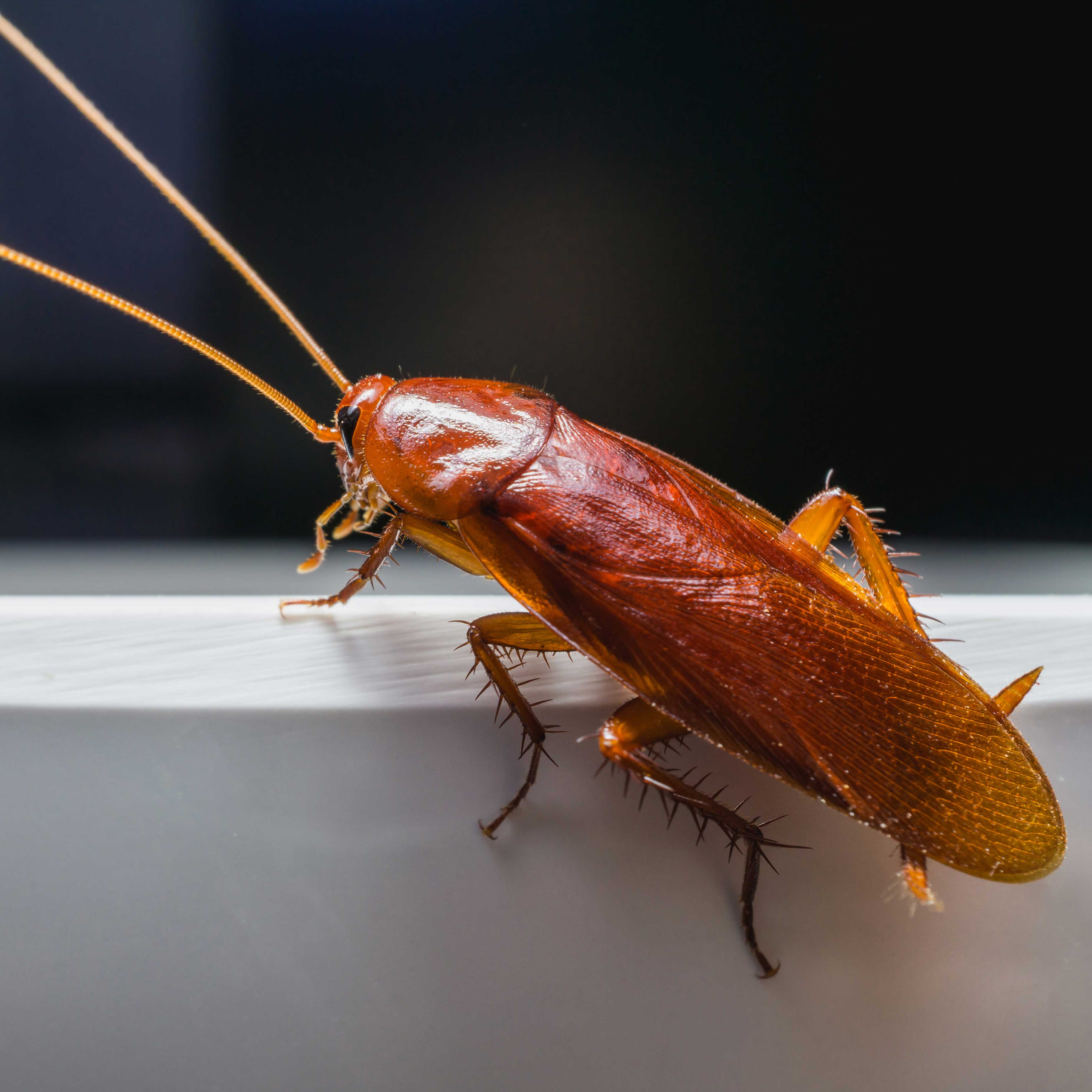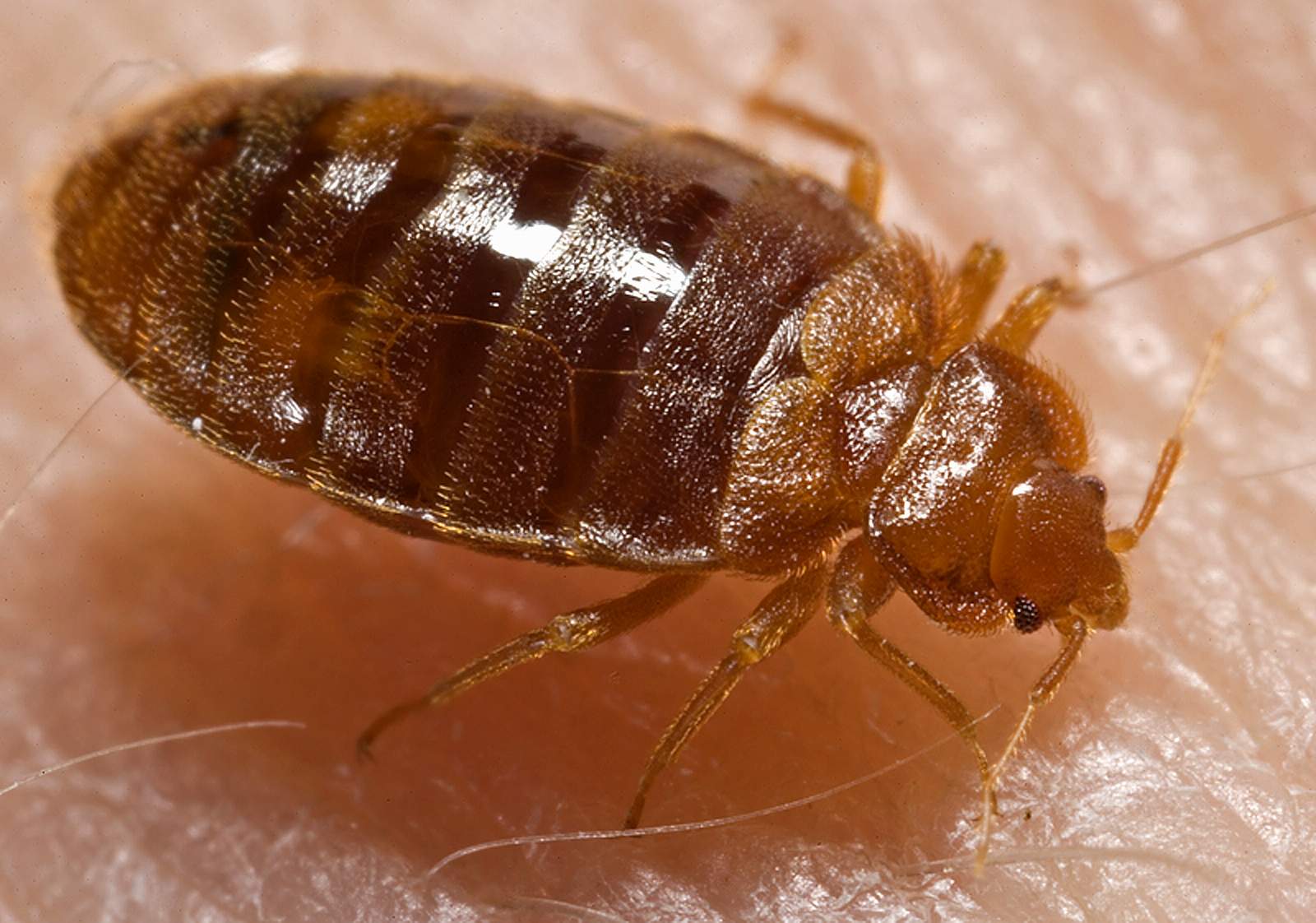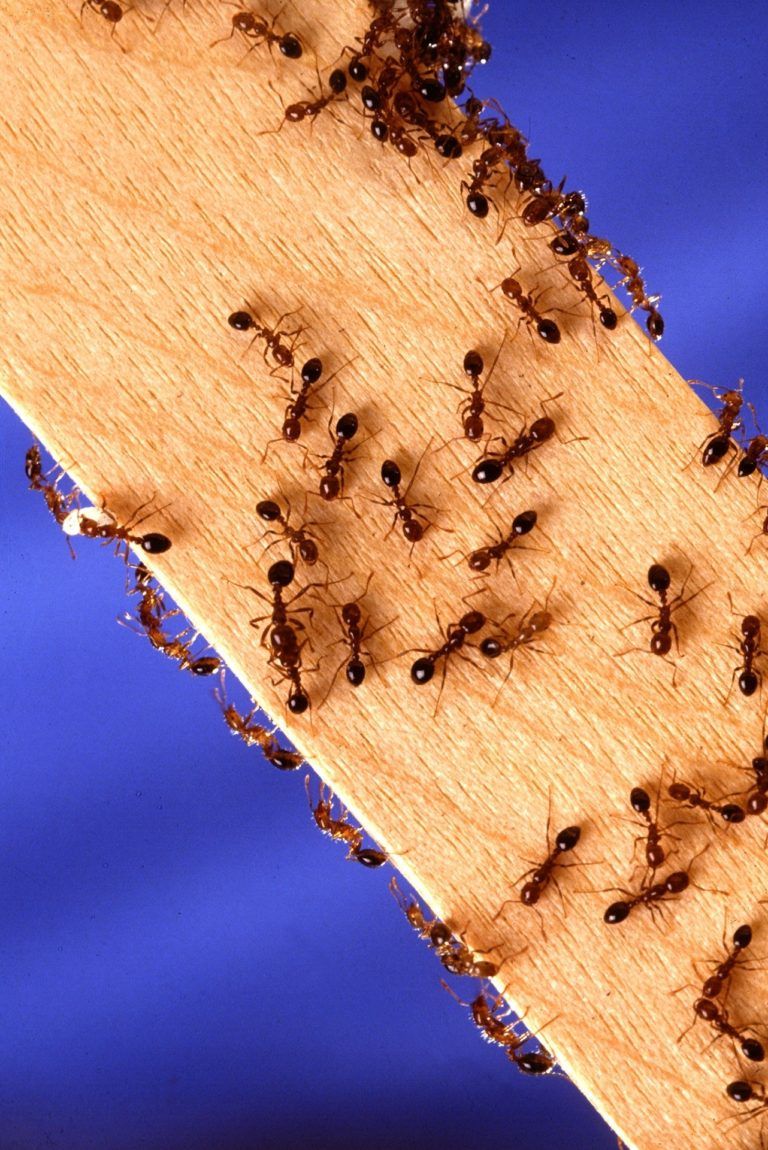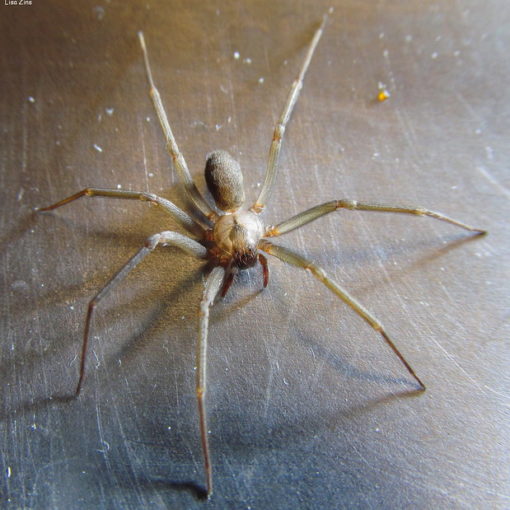Does DIY work?
Do It Yourself Pest Control
Here are a few tips if you are trying to get rid of pests on your own!
DIY: Do it Yourself Pest Control
Nobody likes to have bugs around the house. Spiders, roaches, bed bugs, ants, and other insects just have a way of making your skin crawl. Here are a few tips if you are trying to get rid of pests on your own! If the pest problem persists, we advise you to contact us as soon as possible.
DIY Spider Removal
Where To Spiders Hide?
Spiders usually like to congregate in dark environments, which could include dry or damp places, as you might have noticed they like to gather around cracks and crevices as well as near other groups of insects
Seeing one spider in your house may be alarming but most spiders that you will encounter are harmless. However, if you have seen spiders indoors there is a good chance that they have laid eggs or egg sacs in dark corners of your home. To remove the egg sacs, vacuum everywhere, including in closets and underneath furniture. If you come across any spider webs, dispose of them. Throw away the bag, so the spiders will be outside your home when they hatch.
To learn more about the types of spiders here in the Carolinas, check out our page on spiders.
How To Get Rid of Spiders?
White vinegar: Vinegar spray can serve as organic pest control, specifically for spiders. While it is harmless to humans, it contains acetic acid which gives it a sour taste and odor which spiders are highly sensitive to. To use, mix equal portions of vinegar and water in a spray bottle. Spray the mixture around your home, concentrating on your kitchen and entrances where bugs may be coming in. Using vinegar as a cleaning agent in your bathroom and kitchen is a great way to get two jobs done at once!
Peppermint: During Christmas time a wonderful solution that will keep the Christmas spirit and get rid of spiders is using peppermint. Fill up a spray bottle with water and add 15-20 drops of peppermint oil if the spray does not have the distinct smell of peppermint add more drops. Spray spots where you typically see spiders. This will also be helpful in getting rid of roaches, ants, and other creepy crawlies that you don’t want inside.
Citrus: Spiders are not fond of citrus. In a spray bottle, mix water and unsweetened lemon or lime juice. Wipe your countertops with the mixture or spray down doorways and windowsills. If you have a problem with spiders in your garden you can deter spiders in your garden by spreading lemon, orange, or lime peels around.
Baking Soda: A safe way to deter spiders especially if you have pets is by using baking soda. Spiders can’t stand the smell of baking soda. First, identify where spiders have been seen getting in or where they tend to congregate (see above for some places to look). If you have a window that doesn’t close all the way, sprinkle baking soda on the windowsill. If you have a gap between a door and the floor, sprinkle some on the floor. You’ll drive spiders away without having to worry about a pet emergency.
DIY Cockroach Removal
Nothing brings on a shudder like suddenly spotting a skittering cockroach as you flip on a kitchen light after dark. Despite their reputation for being hard to kill, roaches can be controlled with a methodical approach and the right products.

Where To Find Cockroaches?
Like most pests that come into your home cockroaches too are looking for food and water sources that are easily accessible in homes. Roaches, in particular, are drawn to warm, humid climates like North Carolina and are usually attracted to things like dirty dishes in the sink, crumbs on the floors or counters, garbage, pet food on the floor, excess moisture, leftover food in empty cans or containers.
How To Get Rid of Cockroaches?
Borax: Use the classic laundry powder to expel roaches from your house. In small containers, mix equal parts borax and sugar, and apply around windows, under appliances, cracks, baseboards, and anywhere else you’ve spotted the bugs. The sugar attracts the roaches, and the borax mixture will kill them within a few hours.
Duct tape: The duct tape trap is one of the oldest tricks in the book, but it is still very effective. Pest control is reduced to its simplest ingredients: a sticky surface and something to bait the bugs onto that sticky surface. You can use food or sugar to bait the roaches. Spread these strips all over the house for one of the most ruthless cockroach-killer home remedies.
Diatomaceous earth (DE): Diatomaceous earth powder is sharp, and abrasive, and breaks down the waxy layer of the cockroach’s hard exoskeleton, killing it through dehydration. When they walk through diatomaceous earth, roaches carry away some of the DE that clings to the tiny hairs on their legs. They typically die later, back at their nest. Spread the DE powder around areas where roaches would enter to kill them off.
Baking Soda: A safe way to deter roaches especially if you have pets is by using baking soda. To bait the roaches, you can dice up some onions and mix them with the baking soda to be more effective. Take the mixture and cover areas where roaches are known to enter your home.
DIY Bed Bug Removal
Where To Find Bed Bugs?
Bed bugs are known for living in beds and waiting for you to go to sleep where they can come out and bite in the night. Bedbugs may enter your home undetected through luggage, clothing, used beds and couches, and other items. Their flattened bodies make it possible for them to fit into tiny spaces, about the width of a credit card. Bedbugs do not have nests like ants, bees, or cockroaches, but tend to live in groups in hiding places. Their initial hiding places are typically in mattresses, box springs, bed frames, and headboards where they have easy access to people to bite in the night.
How To Get Rid of Bed Bugs?
Bed bugs are very difficult to get rid of and it is recommended that you call a professional however if you would like to try to get rid of them here are a few ideas. In addition to the information below you can also go to the United States Environmental Protection Agency (EPA) page to learn more.
Heat: You can use a clothes dryer on high heat. You can also use black plastic bags in a hot, closed car in the sun, but success depends on your climate and other factors. Do-it-yourself heat treatments are not very reliable, and it is hard to fit a mattress in your car or in the dryer we recommend reaching out to professionals to take care of bed bugs. Professionals have access to more intensive and proven methods that can even treat whole houses with heat. You may also purchase a portable heat chamber, which is usually quite effective.
Cold treatment can be successful in the home environment if the freezer is set to zero degrees Fahrenheit. You must leave the items in a sealed bag in the freezer at that temperature for four days. Always use a thermometer to check the temperature, since home freezers are not always set to 0o. You may, however, run into the same problems as the heat treatment. It is important to reach out to us if the problem persists.

DIY Ant Removal
Where To Find Ants?
Where there’s one ant, there are thousands more. This may not bother you so much if you’re picnicking in the great outdoors, but if an ant infestation is occurring in your home, you’ll want to remove the problem fast. In the warm months of the North Carolina summer, ants like to enter homes looking for food and water because this ant’s favorite place to set up their new colony could be in your own kitchen.
How to Get Rid of Ants
Clean: Keeping both kitchens and bathrooms free of excessive water, moisture and any type of crumbs can help prevent an ant infestation. However, if they can’t live in kitchens and bathrooms they aren’t opposed to moving to other rooms in your home.
Glass Cleaner and Liquid detergent: Combining spray-on glass cleaner with liquid detergent or dish soap can help deter ants from entering your home. It does this by removing the scented pheromone trail they leave behind when they walk. Mix together and spray on areas where ants seem to congregate or originate from. Wipe down the area after spraying, leaving a light residue.
Peppermint: During Christmas time a wonderful solution that will keep the Christmas spirit and get rid of ants is using peppermint. Fill up a spray bottle with water and add 15-20 drops of peppermint oil if the spray does not have the distinct smell of peppermint add more drops. Spray spots where you typically see ants. This will also be helpful in getting rid of roaches, spiders, and other creepy crawlies that you don’t want inside.
White Vinegar: If you see ants, wipe them up with a solution of 50-50 vinegar and water, or straight vinegar. White vinegar kills ants and repels them. If you have an ant problem, try using diluted vinegar to clean hard surfaces, including floors and countertops, throughout your home. Ants can smell the vinegar after it dries, but the scent doesn’t remain discernible for long to most people.

Pest Prevention
The first and best thing to do is to prevent pests from wanting to be around your home. So, let’s create an environment that is not conducive to attracting bugs. There are a lot of things that you can do to prevent pests from living and breeding around your home.
Bugs like to find areas where they can live and breed without being disturbed. So let’s take a look at those areas and take them back.
Those wood piles you have stacked up on the ground around your house or next to it? That’s bad. Most bugs love to live and multiply in and under the stacks of wood not to mention those terrible destructive (silent destroyers) termites that it attracts to your home. Get rid of them or move them out further away from your house.
Next, to clean up is plastic bags. Plastic bags of mulch, debris, bags of leaves, or just an empty bag. Basically, anything that is outside in a plastic bag or box, etc. Pick those things up and find a place for them inside or throw them away. If it’s mulch spread it in the flower bed and if you don’t need anymore, get rid of it. Bugs love to find hiding places underneath things that will draw moisture to the surface, that keep them out of the elements, and its warmer environment.
Get rid of all the leaves that have fallen around your house this past winter. It doesn’t sound like a big deal, but it reduces the harborage areas of the bugs to live and hide.
Just to let you know how quickly bugs will infest an area. Within just a few hours after a bag or garbage can sits on the bare ground ants and other bugs will be found under them. When I tell a customer about moving a bag and they say I just put that there and I look under it, it usually already has bugs under it.
Put your outside potted plants on planter stands. This will help keep ants and earwigs and other bugs from nesting underneath the potted plant. This is a place notoriously famous for finding ants as well as other bugs. The reason why? They have a constant source of moisture to drink, and they are protected from the elements. It’s just what they like. Plus, how often do you move them? Probably not very often.
Get Comprehensive Service
Unlike most pest control companies that provide protection against limited types of pests, Crown Pest Control offers comprehensive and effective residential pest control treatment for a large variety of pests. We understand the stress of an infestation problem and your need to get a solution as quickly as possible when it comes to:
Crown Pest Control’s 3 Step Plan of Action to Control Most Pest Problems
Step 1: Inspection
The First step in effectively addressing a pest problem is to inspect the property. Our team member will identify potential entry points where pests may gain access and pinpoint harborage areas where they tend to hide or nest. They also determine the type of pest and the severity of the pest problem. This assessment sets the groundwork for targeted and tailored pest control measures.
Step 2: Initial Treatment
The Second is the initial treatment of the property by one of our trained service technicians. We utilize the most effective materials to treat your pest problems. Our treatment includes the critical areas inside and outside the house. Areas like the kitchen, storage spaces, garages, and other harborage areas - where bugs live, breed, and hide.
Step 3: Maintenance
The Third step is implementing an ongoing maintenance program such as Crown Select to prevent future generations of insects from invading your home or business. This preventative approach outside will prevent future insects from invading the inside of your home or business. This is what we call “Peace of Mind.”


